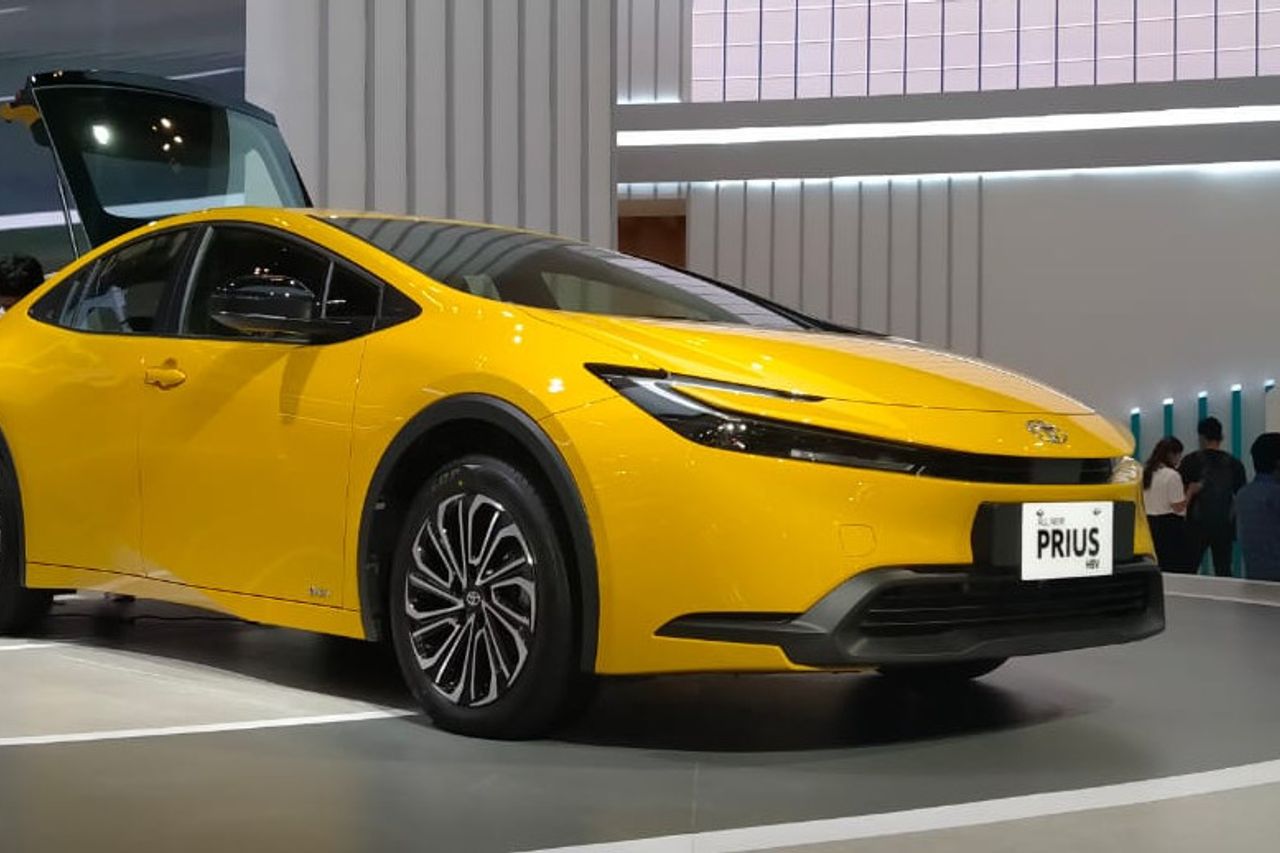Pollution Increases, Toyota Reinforces Its Commitment In Presenting "Neutral Carbon" Vehicles In Indonesia

Pollution is currently a frightening scourge in the capital area. In recent days, air pollution has spread throughout Jakarta and its surroundings to create unclean air.
Of course, this is a serious problem that is being faced by various parties. What's more, some pollution is produced from gasoline-engined vehicles.
Thus this is a joint task in reducing air pollution, including automotive manufacturers who continue to strive to create emission-free vehicles.
Marketing Director of PT Toyota-Astra Motor (TAM), Anton Jimmi Suwandy, emphasized that his party is committed to presenting "Carbon Neutral" or carbon-free vehicles in Indonesia in the future by preparing several models that will later be marketed.
"A lot of news pollution is our enemy. Toyota provides solutions in the form of other carbon-free products from Battery Electric Vehicle (BEV), hydrogen, and Prius models as Hybrid Electric Vehicle (HEV) which in the future we are likely to sell," said Anton during a media conference session at ICE BSD, Tangerang, Saturday, August 19.
SEE ALSO:
In the 2023 Gaikindo Indonesia International Auto Show (GIIAS), Toyota strengthened its electrification ranks for the Indonesian market by presenting the Toyota Alphard Hybrid Electric Vehicle (HEV).
Not only featuring Alphard HEV, Toyota has proven its commitment to delivering vehicles with alternative energy by presenting the Toyota Corolla Cross HEV marketed in Brazil and a hydrogen-powered concept car, the Corolla Cross H2 Concept.
Not to forget, the latest Toyota Prius model is also presented with HEV technology which can attract the attention of GIIAS 2023 visitors.
Of course this is in line with what Toyota is doing in the global market. Toyota is also in the phase of developing emission-free vehicles. Until 2026, Toyota will offer as many as 10 new electric vehicle models by planning to sell 1.5 million zero-emission cars.
The world's largest automotive brand also affirms its commitment to developing BEV, PHEV, FCEV, HEV, H2, and CN powered vehicles in the future.


